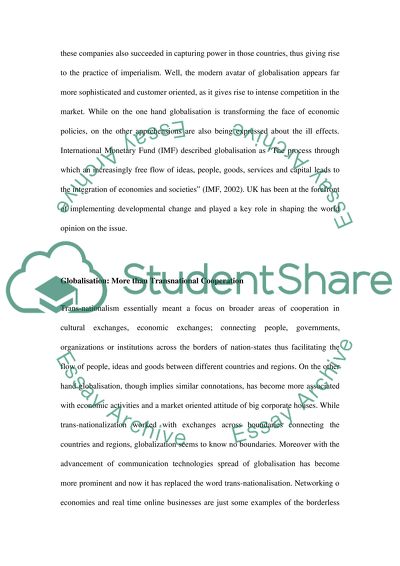Cite this document
(“Impact of Globalisation on UK Essay Example | Topics and Well Written Essays - 2000 words”, n.d.)
Retrieved from https://studentshare.org/miscellaneous/1507466-impact-of-globalisation-on-uk
Retrieved from https://studentshare.org/miscellaneous/1507466-impact-of-globalisation-on-uk
(Impact of Globalisation on UK Essay Example | Topics and Well Written Essays - 2000 Words)
https://studentshare.org/miscellaneous/1507466-impact-of-globalisation-on-uk.
https://studentshare.org/miscellaneous/1507466-impact-of-globalisation-on-uk.
“Impact of Globalisation on UK Essay Example | Topics and Well Written Essays - 2000 Words”, n.d. https://studentshare.org/miscellaneous/1507466-impact-of-globalisation-on-uk.


